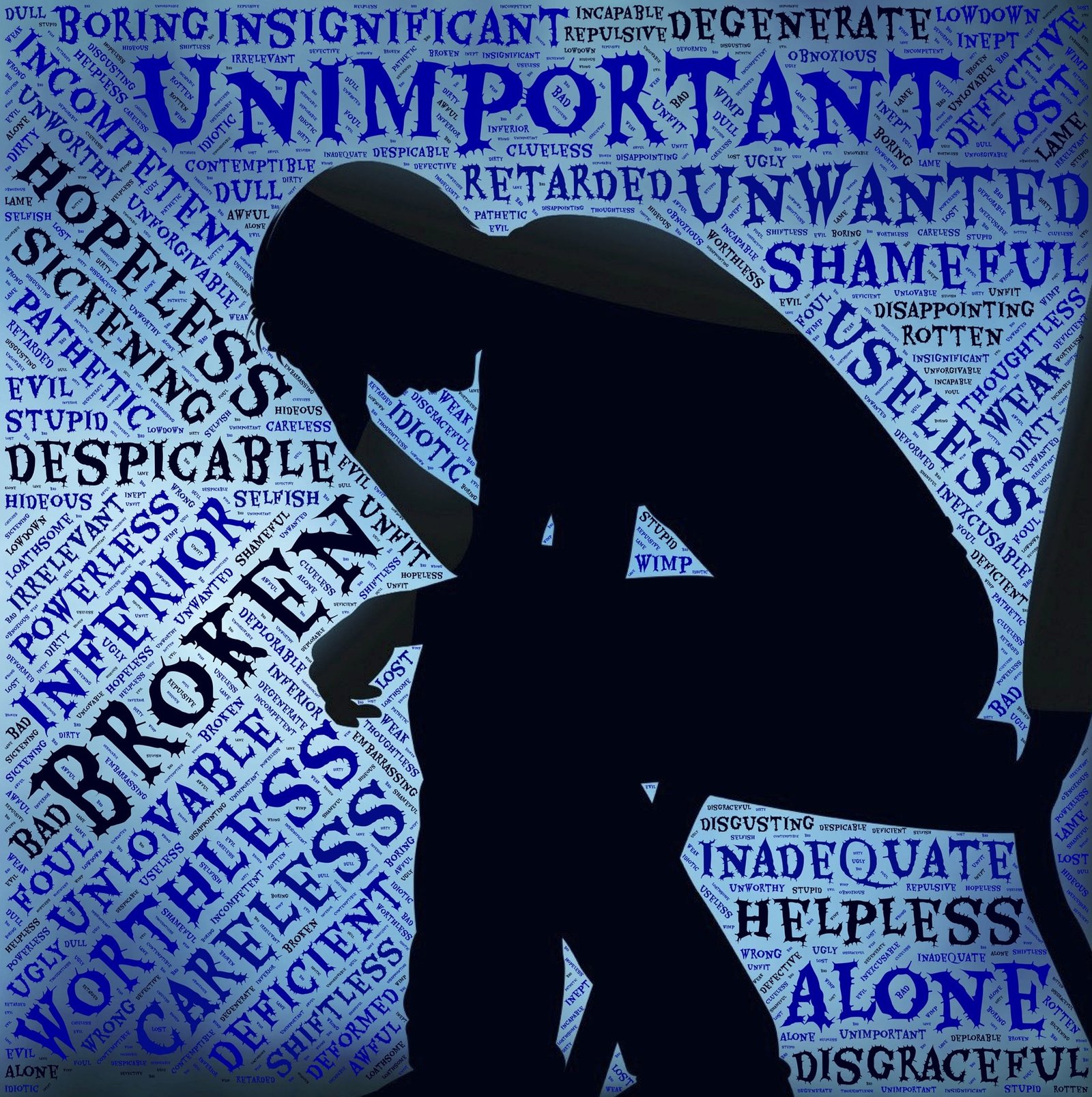
One out of every five teenagers struggles with depression.
Depression can interfere with everyday life for teens and can lead to academic failure, substance abuse, bullying or being bullied, eating disorders, and suicide.
Teen depression is often mistaken for normal teen angst.
Many of the behaviors associated with adolescence — moodiness, anger, social withdrawal — may actually be signs of depression.
Caring adults must know what to look for and how to intervene.
Teens may not reach out for help themselves, so it is important to know how to approach them or their parents.
Signs of teen depression
- Depressed, irritable, sad, or empty mood for at least two weeks
- Decreased interest or enjoyment in once-favorite activities and people
- Changes in appetite, eating too much or too little, significant weight gain or loss
- Sleeping too much or too little
- Physical agitation or slowness
- Fatigue or loss of energy
- Low self-esteem, feeling guilty
- Decreased ability to concentrate, indecisive
- Unexplained aches and pains
- Recurrent suicidal thoughts or behavior (*seek immediate medical help)
What adults may notice
- Irritable or cranky mood, preoccupation with song lyrics that suggest life is meaningless
- Loss of interest in sports or other activities, withdrawal from friends and family, relationship problems
- Failure to gain weight as normally expected
- Excessive late-night TV, having difficulty falling asleep or staying asleep, having trouble getting up in the morning
- Inability to sit still, taking a long time to complete normal tasks, pacing back and forth, and/or excessive repetition of behaviors
- Social withdrawal, napping, withdrawal from usual activities, boredom
- Making critical comments about themselves, having behavior problems at home or school, being overly sensitive to rejection
- Poor performance at school, drop in grades, frequent absences
- Frequent complaints of physical pain (headache, stomachache)
- Writing about death, giving away favorite belongings, “You’d be better off without me.”
If you are the parent
Find a time to talk to your child with as few distractions as possible. Start by telling them you care about how they are feeling. Then, you can try some of these techniques:
Describe why you are concerned
- “I’m worried because I’ve noticed you’ve been crying a lot lately.”
- “I’m concerned because it seems that you are feeling angry and unhappy these days.”
- “I’m sad because you don’t have much energy to do the things you used to enjoy doing, like hanging out with your friends.”
- “I worry about your safety when you . . . “
If you are not the parent
The teen in your life may be your student, a member of your after-school program, or a relative. Although you aren’t the parent, you can still play an important role in getting them help. Here are some things you can do:
- Approach the teen’s parents and describe what you’ve observed in a thoughtful way. This may be difficult for the parent(s) to hear, but be honest and express your concern.
- If, for some reason, you need to talk the teen first, follow the same approach. Tell him or her what you’ve observed and offer to talk to the principal, program leader, or parents with the teen.
What NOT to do
Don‘t ask why he or she feels depressed. Children and teens who are depressed can’t answer questions like, “Why are you crying all the time?” or “What do you have to be sad about?” Asking them only makes them feel worse, like they are supposed to control their depressed feelings when they can’t.
Don‘t tell your child to change how he or she feels. Depressed children and teens cannot just “snap out of it.” They can’t help how they feel and they can’t make it go away by willpower.
Don‘t compare your past feelings to your child‘s depression. It’s not helpful to say, “Well, when I feel badly, I just pull myself up by my bootstraps,” or “When my childhood dog died, I just had to get over it’.”
For more guidance, information and helpful videos, visit the Help a Teen page on the Families for Depression Awareness website.
This information is from the Families for Depression Awareness website and is posted here with permission.
Like most of the pictures on ParentsAssociation.com, the picture posted with this article is courtesy of a free download from Pixabay.com.
Depression Checklist, Depression In Children, Depression In Teens, Depression Organizations, Depression Warning Signs



